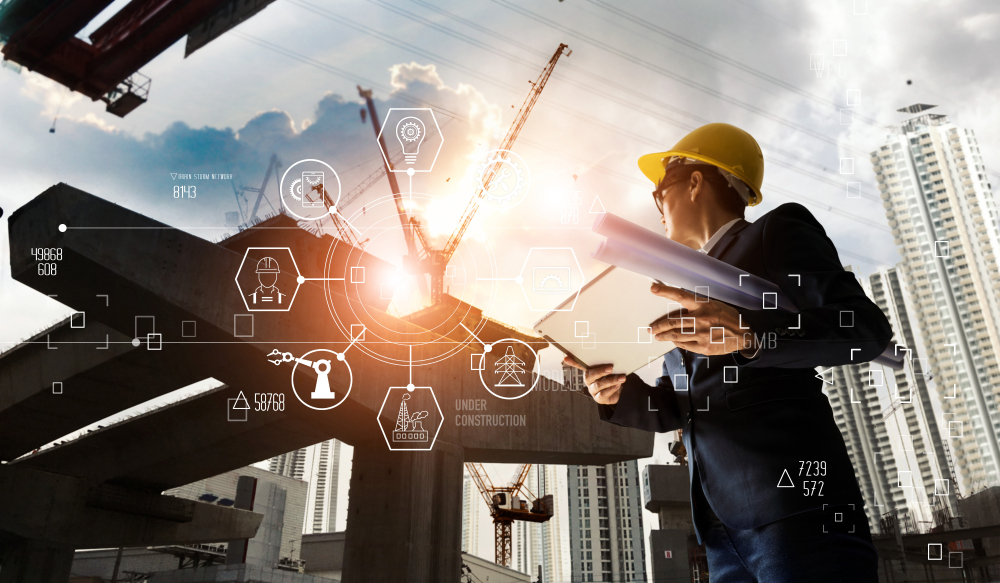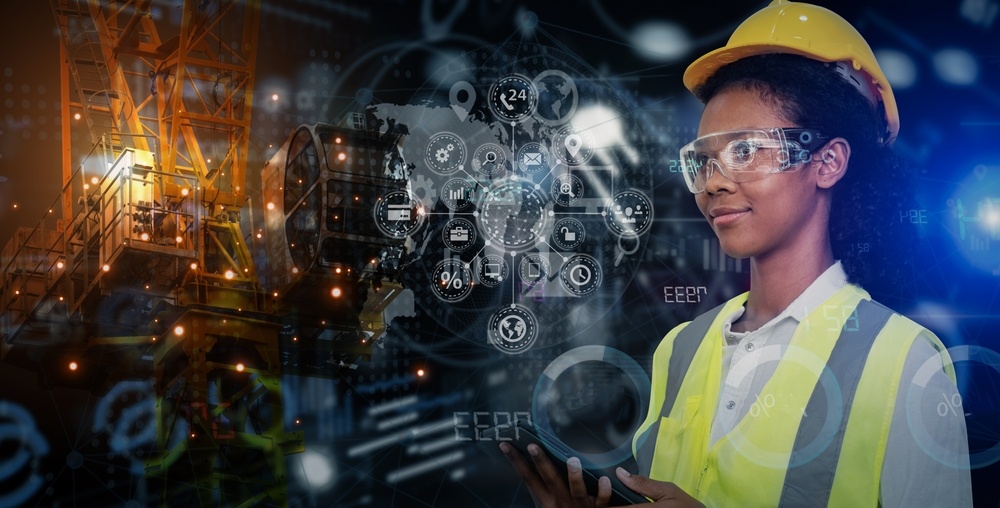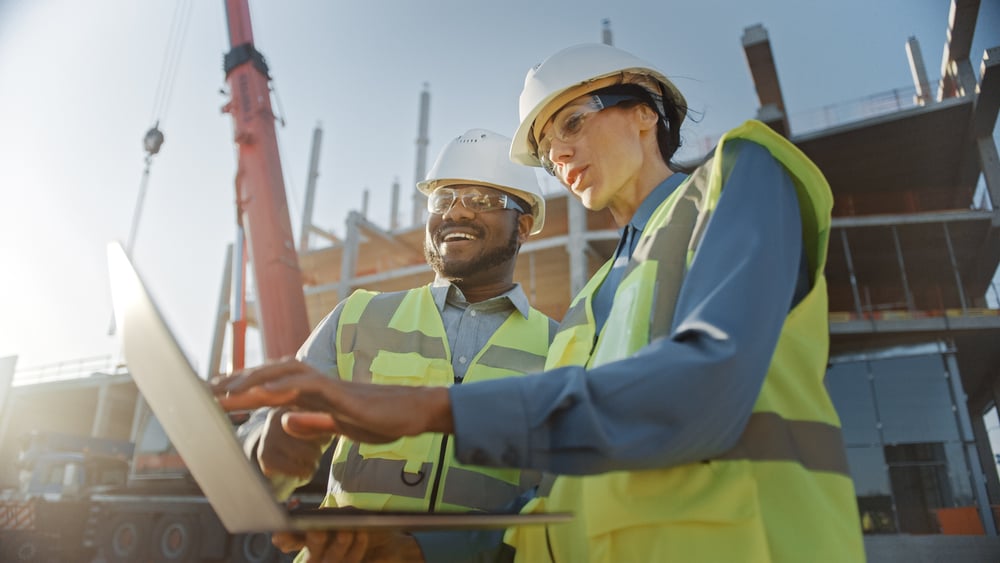AI is Your Frenemy: When To Use It and When Not To
The construction industry, traditionally reliant on manual labor and human expertise, is undergoing a transformation with the advent of Artificial...

Artificial intelligence (AI) is revolutionizing the construction industry through its integration of machine learning, robotics, and automation. These advancements bring about improved efficiency, safety, and accuracy in construction projects. However, the adoption of AI also raises concerns about job displacement. The following sections examine the collaborative potentials of AI, emphasize the importance of upskilling, and discuss the ethical and safety considerations in implementing AI technologies. By understanding these aspects, the construction industry can effectively harness AI's benefits while ensuring a positive impact on the workforce.
Augmenting Human Capabilities, Not Replacing Them
While the rise of AI in construction is exciting, it has also raised concerns about job displacement. Many worry that AI's capabilities may render human workers obsolete in labor-intensive construction jobs. However, industry experts argue that rather than replacing humans, AI is more likely to augment their capabilities. AI systems are adept at automating repetitive tasks and streamlining processes, but they still require human oversight, decision-making, and specialized skills. Construction demands creativity, problem-solving, and adaptability, qualities that AI has yet to fully replicate. Rather than perceiving AI as a threat, construction professionals should actively embrace it as a means of enhancing their work processes.
Collaboration and Upskilling
Collaboration between humans and machines is vital to harnessing the benefits of AI while mitigating job displacement concerns. By working alongside AI systems, human workers can focus on complex decision-making, creativity, and specialized expertise. This collaborative approach not only ensures the integration of AI into the construction workflow but also enhances job satisfaction and professional growth for workers.
Upskilling and retraining the workforce are essential in adapting to the evolving AI landscape. Workers should actively seek opportunities to acquire AI-related skills to remain relevant in the industry. Governments, educational institutions, and industry stakeholders play a crucial role in providing initiatives, programs, and partnerships to facilitate these transitions and ensure effective integration of AI technologies. By investing in upskilling, the construction industry can equip its workforce with the necessary skills to work alongside AI systems effectively.
Ethical Considerations and Safety
While the benefits of AI in construction are substantial, ethical considerations and safety concerns must not be overlooked. Issues such as privacy, data security, algorithmic bias, and job quality need to be addressed proactively. Collaboration between developers, policymakers, and industry stakeholders is necessary to establish guidelines, regulations, and ethical frameworks that promote responsible AI adoption. It is crucial to strike a balance between harnessing AI's potential and protecting the interests of workers and the public.
Furthermore, safety remains a paramount concern in the construction industry. The implementation of AI should prioritize worker well-being. Proper training, maintenance of AI systems, and regular safety assessments are necessary to ensure that AI technology enhances job conditions rather than compromises them. By prioritizing safety and providing appropriate training, the construction industry can create an environment where AI systems contribute to safer and more efficient construction processes.
The rise of AI in construction presents opportunities and challenges. While concerns about job displacement are valid, a collaborative approach between humans and machines can lead to a more productive and innovative construction sector. By embracing AI, upskilling the workforce, and addressing ethical and safety concerns, professionals can leverage AI's potential for improved efficiency, safety, and sustainability. As the construction industry continues to evolve, staying informed, adapting, and embracing innovation are crucial. AI, when integrated effectively, enhances productivity, job satisfaction, and overall success in the construction sector.

The construction industry, traditionally reliant on manual labor and human expertise, is undergoing a transformation with the advent of Artificial...

The pandemic has contributed significantly to labor shortages seen throughout the construction industry. While recent steps have been taken to try...
I read an AICPA article once about the importance of having CPAs in your C-Suite. Why? CPAs are increasingly involved in strategy execution and value...